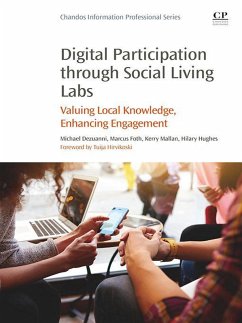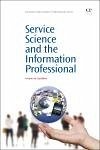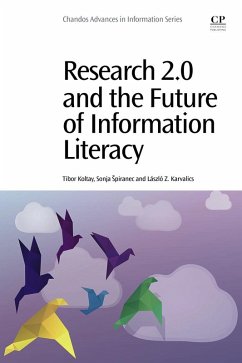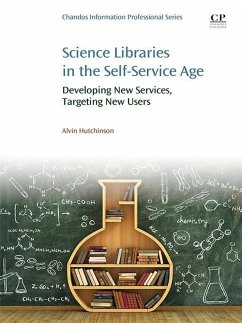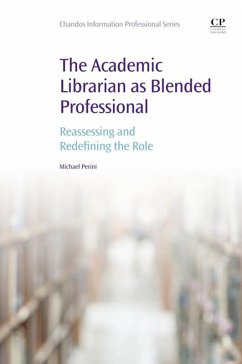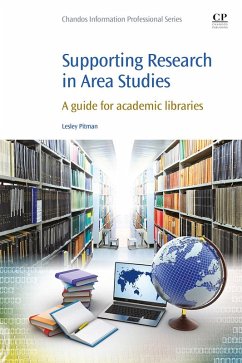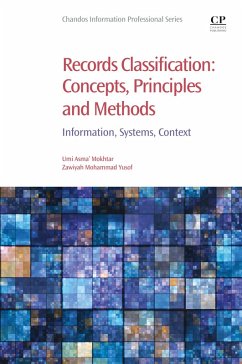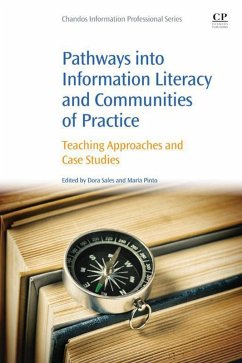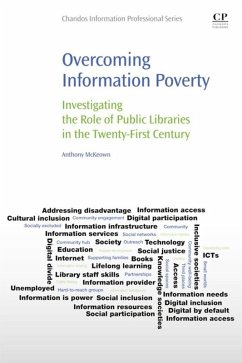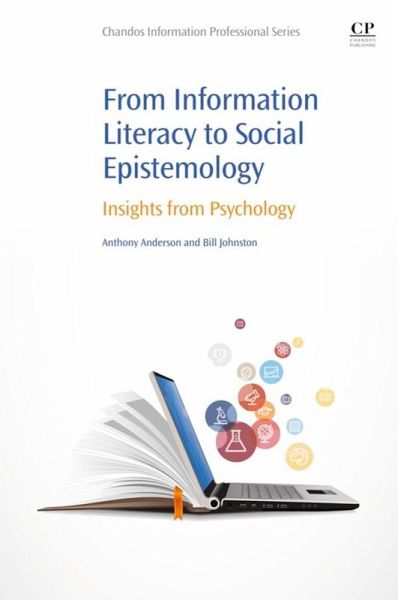
From Information Literacy to Social Epistemology (eBook, ePUB)
Insights from Psychology
Versandkostenfrei!
Sofort per Download lieferbar
41,95 €
inkl. MwSt.
Weitere Ausgaben:

PAYBACK Punkte
21 °P sammeln!
From Information Literacy to Social Epistemology: Insights from Psychology focuses on information and the ways in which information literacy relates to critical thinking in education, the workplace, and in our social life. The broad context for our interest is the development in internet technologies often characterised by terms like the 'digital age', leading to questions of digital participation, digital divides, and the role of thinking in the information society. In short, to what extent is the 'digital age' engendering changes in learning directed towards the better use of information, an...
From Information Literacy to Social Epistemology: Insights from Psychology focuses on information and the ways in which information literacy relates to critical thinking in education, the workplace, and in our social life. The broad context for our interest is the development in internet technologies often characterised by terms like the 'digital age', leading to questions of digital participation, digital divides, and the role of thinking in the information society. In short, to what extent is the 'digital age' engendering changes in learning directed towards the better use of information, and in addition, encouraging or even requiring improvements in critical thinking? - Provides a new and relevant contribution based on the authors' synthesis of a number of psychological constructs aligned to information literacy - Addresses the issue of information literacy in the wider population by researching adult returnees to higher education and investigating their experiences in relation to prior experience - Applies insights to recent developments on the topic, i.e. the Secker and Coonan IL curriculum, alowing an alternative disciplinary perspective and a new, research-based platform - Develops a model based on the literature reviewed and discusses the relation of the model to the broader concept of social epistemology
Dieser Download kann aus rechtlichen Gründen nur mit Rechnungsadresse in A, B, BG, CY, CZ, D, DK, EW, E, FIN, F, GR, HR, H, IRL, I, LT, L, LR, M, NL, PL, P, R, S, SLO, SK ausgeliefert werden.




